
Causes of our moral intuitions
In this lesson students explore the causes of our moral intuitions with the help of a sorting activity and reflection questions.
In this activity, students practice the constructive exchange of opinions on a topic by reflecting on the possible origins of opinions and the role of moral intuitions. The goal of this activity is not primarily to convince others of one’s own opinion, to “win” or to be right, as is often the case in debates and pro-contra discussions. Rather, it is a dialogue with the goals of listening mindfully and intently, understanding the backgrounds and underlying values of different opinions, and recognizing the role of (automatic) emotions and intuitions in yourself and others. This may result in a more open attitude towards opposing attitudes and new arguments and towards finding common ground. The activity can therefore also be seen as a supplement to usual debates and discussions in the classroom.
Author: Susan Hanisch
adapted from: Open Mind (2018). Workshop Facilitator Guide. https://openmindplatform.org/wp-content/uploads/2018/12/OpenMind_Facilitator-Guide_12-12-18.pdf

In this lesson students explore the causes of our moral intuitions with the help of a sorting activity and reflection questions.
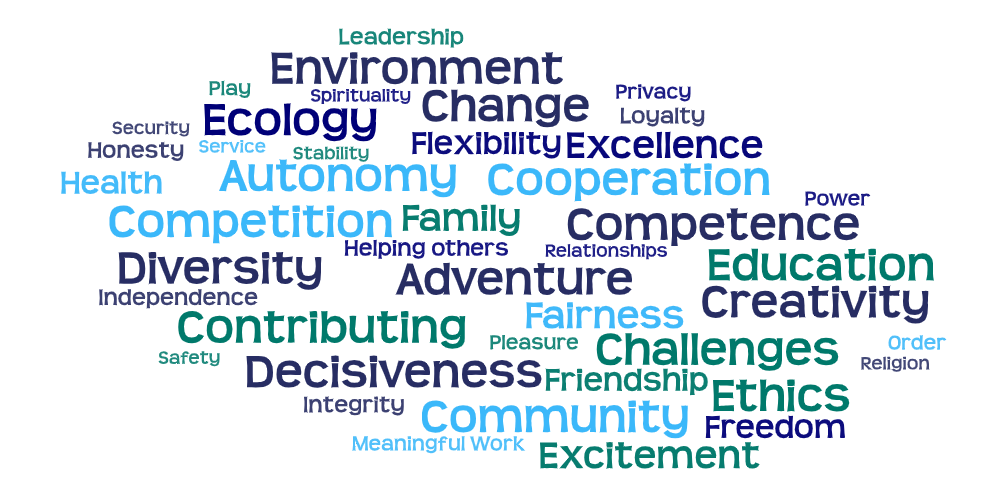
This lesson is about exploring the concept of values with students and having them identify and reflect on what they personally value, or what makes their life meaningful.
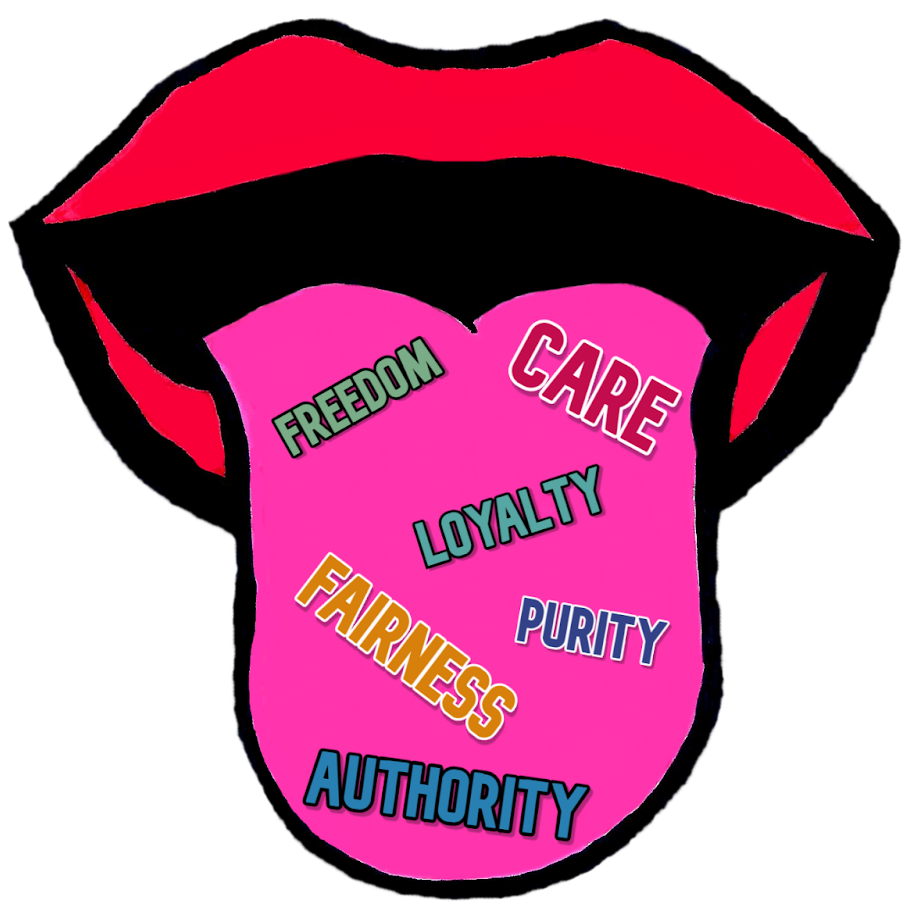
In this lesson students explore the causes and functions of, as well as ways to flexibly relate to our moral intuitions by engaging the analogy to our taste buds.
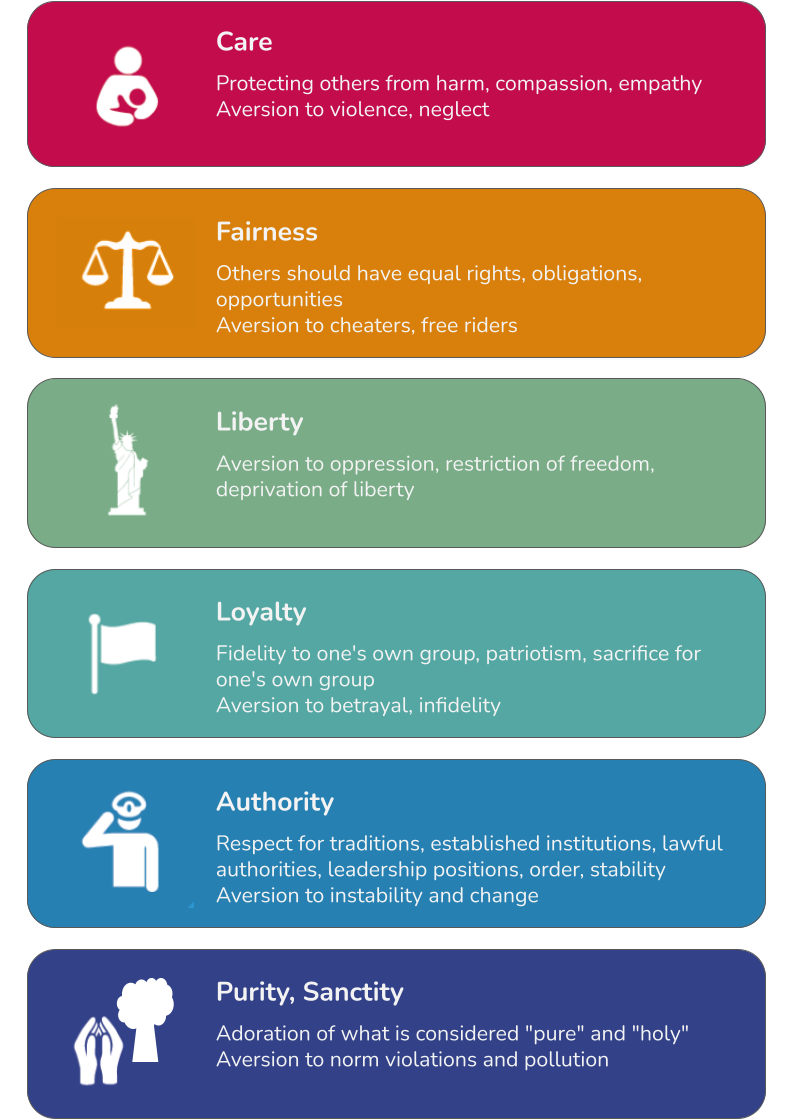
Students identify the moral intuitions underlying people’s opinions in quoted texts and images.
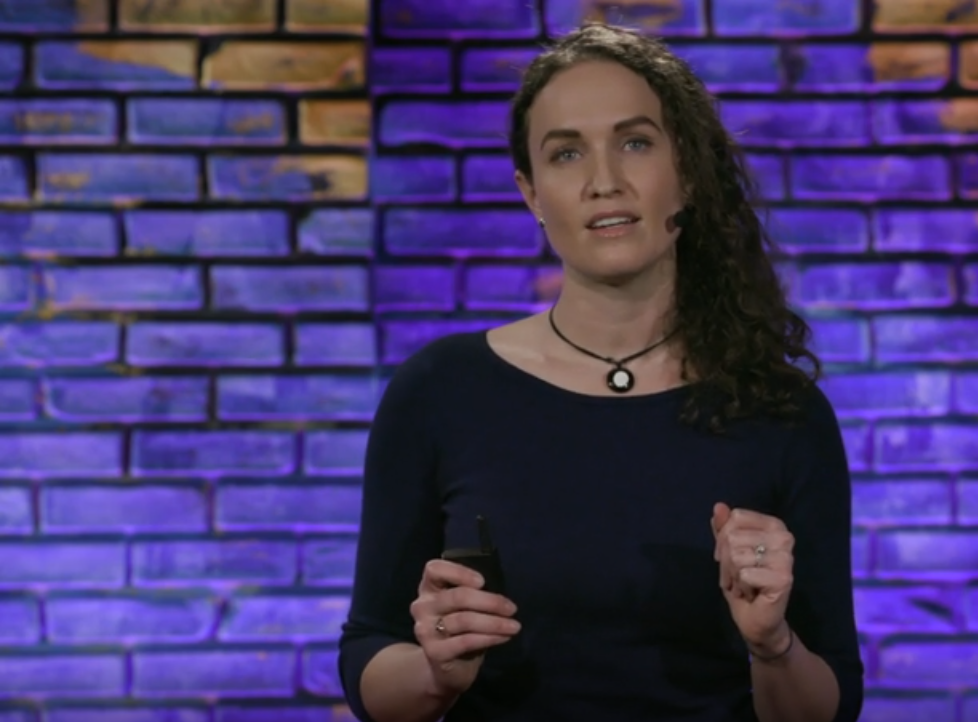
In this unit students explore stories of people who have left a radical movement, or deliberately discuss with representatives of the “other side” and build respectful relationships. These let us explore the circumstances, experiences and insights about why prejudice, hatred and violence against other people or a group can arise and how they can dissolve again.
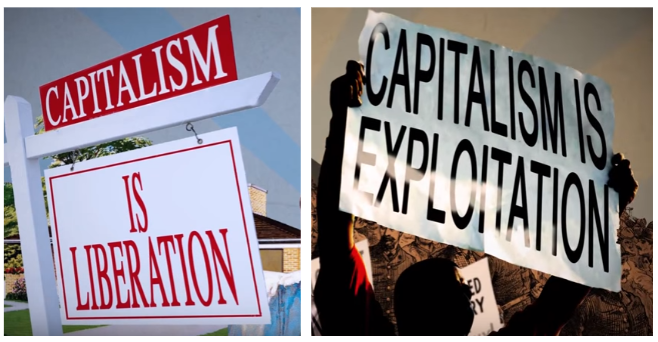
Students explore two contrasting stories about the benefits and failures of capitalism, identify the moral intuitions behind each story, and write a third story about capitalism that integrates aspects of both stories.
OpenEvo is an educational innovation project from the Department of Comparative Cultural Psychology at the Max Planck Institute for Evolutionary Anthropology.
Evolve the future of education with us!